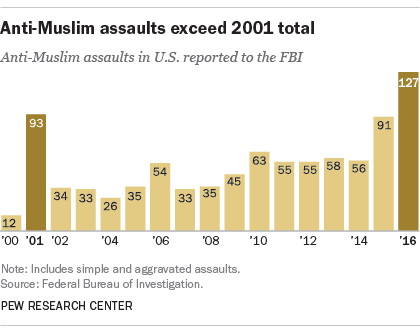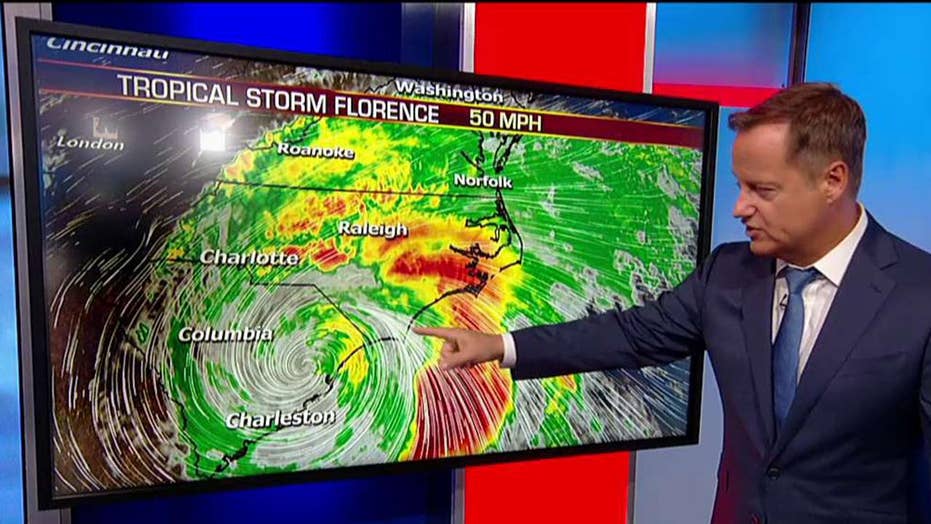1) Social learning theory has been criticised for simplifying the causes of violence in society. Do you think the media is responsible for anti-social behaviour and violence?
I believe it can be, but media is not exclusively responsible for anti-social behaviour and violence. For example, if a parent is neglectful and doesn't teach and look after their child properly, that child will likely grow up to be anti-social and violent anyway. But they could also learn from other influences around them such as movies and TV and, if they're young enough, be negatively influenced by the violent media. If somebody is anti-social and violent, I don't believe media will ever exclusively be the reason for that behaviour.
2) How is social learning theory relevant in the digital age? Are young people now learning behaviour from social media and the internet? Give examples.
Young people definitely learn behaviour from social media and the internet. For example, make-up tutorials and clothing hauls can be big influences to what clothing or make-up a young person would buy.
3) Research three examples of moral panic from the last 50 years. To what extent was the media responsible for these moral panics? Was the concern in society justified? How have things changed as a result of these moral panics?
1) The 1980s AIDS epidemic caused a moral panic due to the media attention it was getting. Outlets nicknamed it the 'gay plague', further stigmatising the disease and fear mongering. The government put out an advertisement that suggested the moral panic was due to the lack of accurate information about the disease. It was also apparent that the homophobia present in the media (and society) at the time was prevalent in perpetuating stereotypes about gay people and misinformation about AIDS.
2) Although starting in the 1970s, the moral panic regarding violence and video games is still prevalent today. Exaggerated news stories and headlines help perpetuate the idea that playing violent video games are causing children to become violent. There have been attempts to regulate violent videos games in the United States, however in 2011, the U.S. Supreme Court ruled that legally restricting sales of video games to minors would be "unconstitutional". In 1999, the public concern reach a peak as many blamed violent video games such as Doom for the Columbine high school shooting.
3) After the 2001 9/11 attacks, there was an unsurprising moral panic about terrorism and Islamic extremism that especially spread throughout the United States. The widespread coverage of the incident, as well as the "War on Terror" in the United States, created fear and prejudice in society of Muslims.
 |
| There was a significant increase in hate crimes against Muslims and Arabs in 2001. |
4) Read this introduction to an academic paper on technopanics. What examples are given of technopanics that create fear in society?
Examples given are child safety, digital privacy, and cybersecurity.
5) Do you think the internet should be regulated? Should the government try and control what we can access online?
The government controlling what we access online is important for the safety of society. The most obvious example is blocking access to dangerous websites that sell things such as illegal services, guns, drugs ect. I also believe that age restricting content unsuitable for minors is something that is important morally. However, regarding age restrictions, the main problem is that it's usually very easy to get around and oftentimes doesn't work due to anonymity of the internet. Despite this, I still believe that without any attempt to restrict inappropriate content for minors it would be much easier for minors to access it, and so even just asking the question "Are you over 18?" is important.
I do believe that attempting to regulate anything other than that would be censorship however, and would be dangerous to our democratic society and threaten free speech.
6) Apply Gerbner's cultivation theory to new and digital media. Is the internet creating a fearful population? Are we becoming desensitised to online threats, trolling and abuse? Is heavy internet use something we should be worried about in society? Write a paragraph discussing these ideas.
Gerbner's cultivation theory suggests that heavy viewers of the television were exposed to more violence and crime, and so were affected by 'mean world syndrome'. I honestly believe that the extent to which your viewpoint on the world is affected by the TV and internet is much more dependent on the person than Gerbner's theory suggests; somebody could simply have a much more anxious personality than somebody else. However, there is never not going to be a negative news story covered on the internet, and so the constant sense of threat and danger is undeniably present online.
The internet has, in many ways, made us desensitised to the effects we have on others. The sheer amount of death threats and abuse thrown around at people online is staggering but - due to the anonymity of the internet - we don't have to think about our actions and the effects they can have. Essentially, although many won't pay mind to a death threat, there are many who will. Since so many people's lives revolve around the internet, it's much harder to ignore frequent bullying and abuse, and so heavy internet use is definitely something that we should worry about in society.
The effects debate: Media Factsheet
Complete the following tasks using Media Factsheet 030 - The Effects Debate available on the Media Shared drive. You'll find it in our Media Factsheet archive: M:\Resources\A Level\Media Factsheets. Remember, you can't access these at home so make sure you save the factsheet to a USB/Google Drive or email it to yourself so you can complete the work at home.
Read Media Factsheet 030 - Media and Audiences -The Effects Debate and answer the following questions:
1) Complete the questions in the first activity box (beginning with 'Do you play violent games? Are you violent in real life?')
1. Do you play violent video games and/or watch violent films? Are you violent in ‘real life’?
> I don't often play many violent video games, but some of my favourite TV shows showcase lots of violence. I wouldn't consider myself a violent person.
2. Do you ever see a product advertised on TV or on the internet and decide you want to buy it?
>I have, but I rarely go through with actually buying it. It's more of a "I would get that if I had money" feeling than an actual commitment to buying a product.
3. Have you ever seen a documentary which has drawn your attention to an issue which you now feel strongly about?
>Not particularly.2) What are the four categories for different effects theories?
• Diffusion Theories
• Direct Effect Theories
• Indirect Effect Theories
• The Pluralist Approach
3) What are the examples provided for the hypodermic needle theory - where media texts have been blamed for certain events?
• Child’s Play – The murder of Jamie Bulger
• Marilyn Manson – The Columbine High School shootings
• Natural Born Killers – a number of murders committed by
romantically linked couples. in one case, the director was sued
for inciting violence although the court case was later dismissed
4) What was the 1999 Columbine massacre? You may need to research this online in addition to the information on the factsheet.
The 1999 Columbine massacre was the deadliest school shooting in US history at the time. 2 Teenagers killed 12 students, including themselves, and 1 teacher, while harming many more. It inspired copycat shootings as well as causing moral panics over teenagers use of internet and violent video games.5) What are the reasons listed on the factsheet to possibly explain the Columbine High School massacre?
o The ease of access to firearms and the social acceptance of gun ownership
o The alienation felt by teenagers who felt as though they did not fit in
o The hopelessness caused by living in an area where unemployment was high and was economically disadvantaged
o The general desensitisation caused by access to a range of violent images: film, TV, the news, the internet
6) How does the factsheet describe Gerbner's Cultivation theory?
This theory considers the way the media affects attitudes rather than behaviour.
7) What does the factsheet suggest about action films and the values and ideologies that are reinforced with regards to violence?
Violence for a ‘good’ reason is acceptable and violence for a ‘bad’ reason must be punished.
8) What criticisms of direct effect theories are suggested in the factsheet?
It suggests the theory has an elitist element suggesting a judgement is being made about the mass audience as they are assumed to be easily led and not perceptive or self-aware.
9) Why might the 1970s sitcom Love Thy Neighbour be considered so controversial today? What does this tell us about Reception theory and how audiences create meanings?
It's considered racist and offensive due to the racial slurs and insensitivity present in the sitcom. The racism is no longer an acceptable form of comedy, showcasing how ideologies in society are constantly evolving. It supports the idea that no one text has one single meaning as perspectives on media can change and evolve over time.
10) What examples are provided for Hall's theory of preferred, negotiated and oppositional readings?
The Sun and The Guardian




